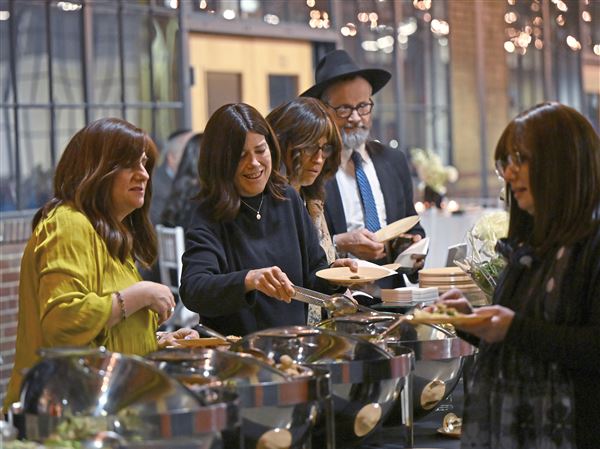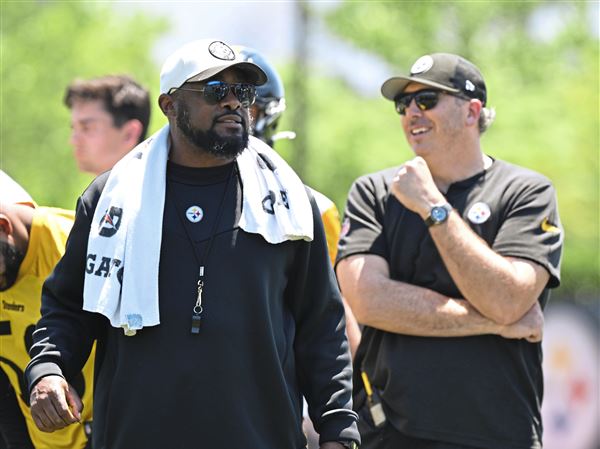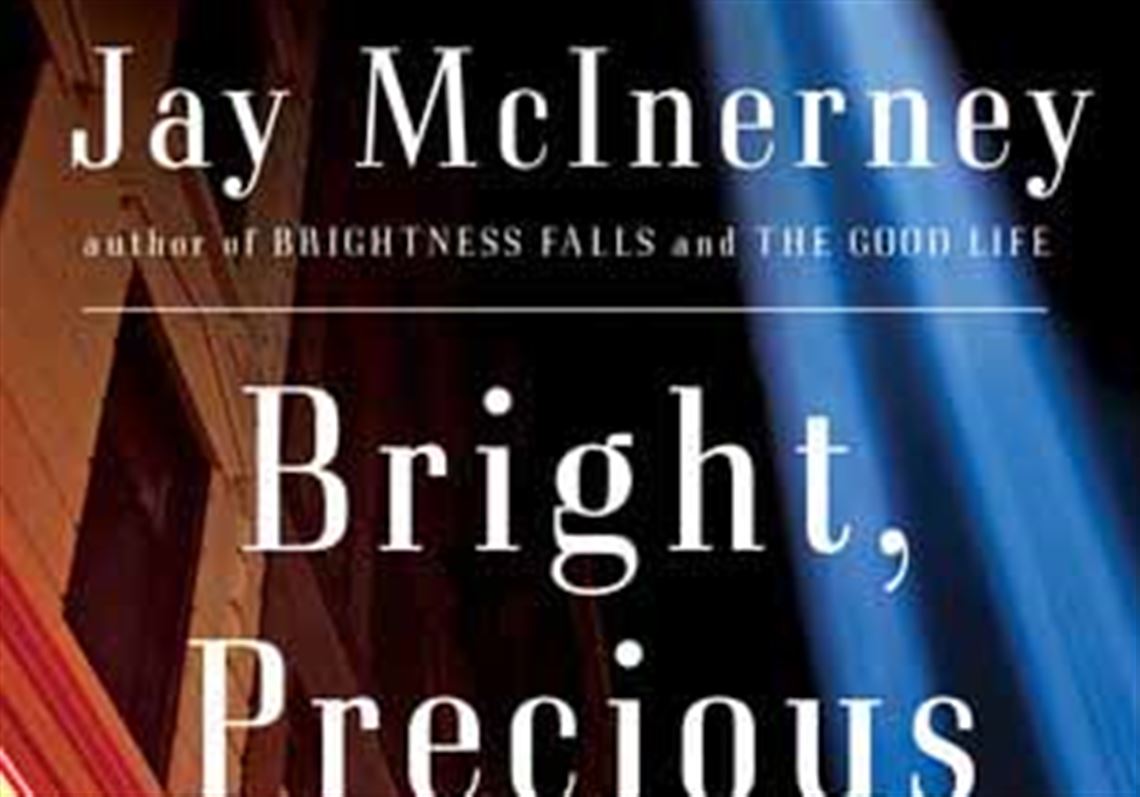A curdled validation of marriage and a barbed tour of New York publishing circa the first decade of the millennium, Jay McInerney’s “Bright, Precious Days” takes a while to grab hold, and the midsection sags. But by the time you end it, you care about the characters — at least some of them. Whether you should is another, more unsettling, question.
A highfalutin beach read, Mr. McInerney’s first novel in 10 years tracks Russell and Corrine Calloway as they struggle with the demands of family and business. He’s an independent publisher; she’s a screenwriter manqué. They have two young children. They have affairs.
In their third appearance in a McInerney novel, the Calloways labor in the aftermath of 9/11 and the looming shadows of the Great Recession and the first Obama election. But these issues and events, along with cocaine and AIDS, function primarily as placeholders; Mr. McInerney uses them for framing and drama rather than depth. His novel feels suburban even though its core is the city.
Knopf ($28.95).
No question the man can write. No question he can conjure the atmosphere of Manhattan between 2001 and 2008, following Russell as a faux memoirist hoaxes him into publishing a spurious account of captivity in Afghanistan, a cracker fictioneer entrances him and then does him wrong, and his sexual desire waxes and wanes (it’s called growing old). Corrine, meanwhile, tangles with an old flame and worries about her family’s needs — including Russell’s. There’s rich material, but too often, Mr. McInerney defaults to style.
Yet he does write fluidly and rhythmically, piquing our curiosity with his inside dope. Take this dialogue, namedropping to establish character. Corrine is at an art opening. Wish we knew to whom she’s talking:
“Wow. I feel like I just climbed out of the Wayback machine, this is, like, so eighties. Isn’t that David Byrne over there? It’s like any minute now we’re going to see Keith Haring and Basquiat slouching around.”
“I know, it’s like my nose is twitching. I suddenly feel this overwhelming urge to tease up my hair and do some blow.”
“It’s not like cocaine ever went away.”
“It did for some of us, honey.”
So Mr. McInerney affirms he’s a master of the brittle and evanescent. But the dialogue doesn’t go anywhere, suggesting the author is content to revel in his own cleverness. At the same time, those interested in the social stratification of Manhattan, from the increasingly unaffordable TriBeCa where the Calloways live to Harlem, to which Corrine secretly wants to move, will be amply rewarded. So will those who enjoy trashing clubbiness, as Mr. McInerney does deliciously in setting up a meeting between Russell and Tom Reynes, a venture capitalist he’s looking to for help. Here, Russell navigates an exclusive men’s aerie, in a triumph of the run-on sentence:
“On the third floor, making his way to the front parlor, he detected a distinct undercurrent of melancholy in the murmuring convocation, several groups of two and three scattered around the room, sunken deeply into the sofas and club chairs, a faint honking akin to a flock of geese in the distance across a cornfield, the unmistakable whine of privileged white men with the blues.”
Corrine, too, has issues. She worries she’s overweight, transmits that worry to her daughter, and has more than a fling with Luke McGavock, a rich man who also figures in earlier McInerney work. Her friends are catty and largely clueless, she still can’t get over her affair with a former client of Russell’s who died of AIDS, and she salves her internal wounds with charity work.
Describing her tells you part of the reason “Bright, Precious Days” is problematic: If there were stereotypes of Manhattan players in publishing — a field with which Mr. McInerney is achingly familiar — and finance and philanthropy, Russell and Corrine Calloway would fill the bill. Want to bet Mr. McInerney comes up with a sequel in a few years?
Carlo Wolff is a reporter for the Cleveland Jewish News.
First Published: July 31, 2016, 4:00 a.m.

















